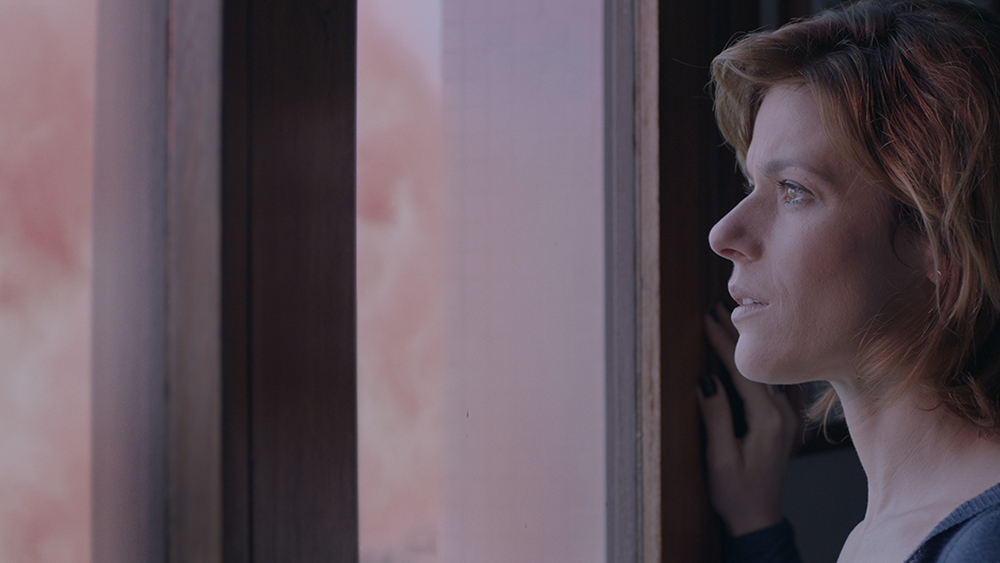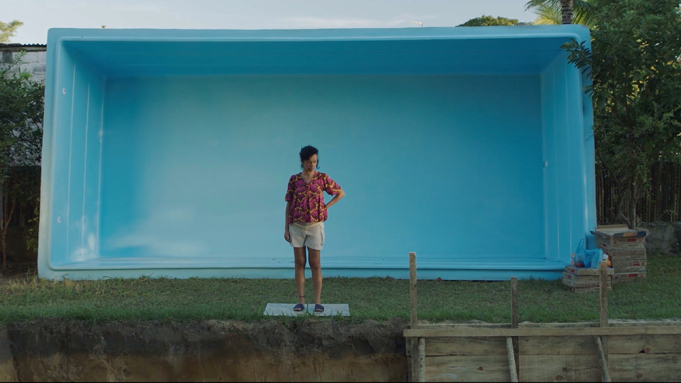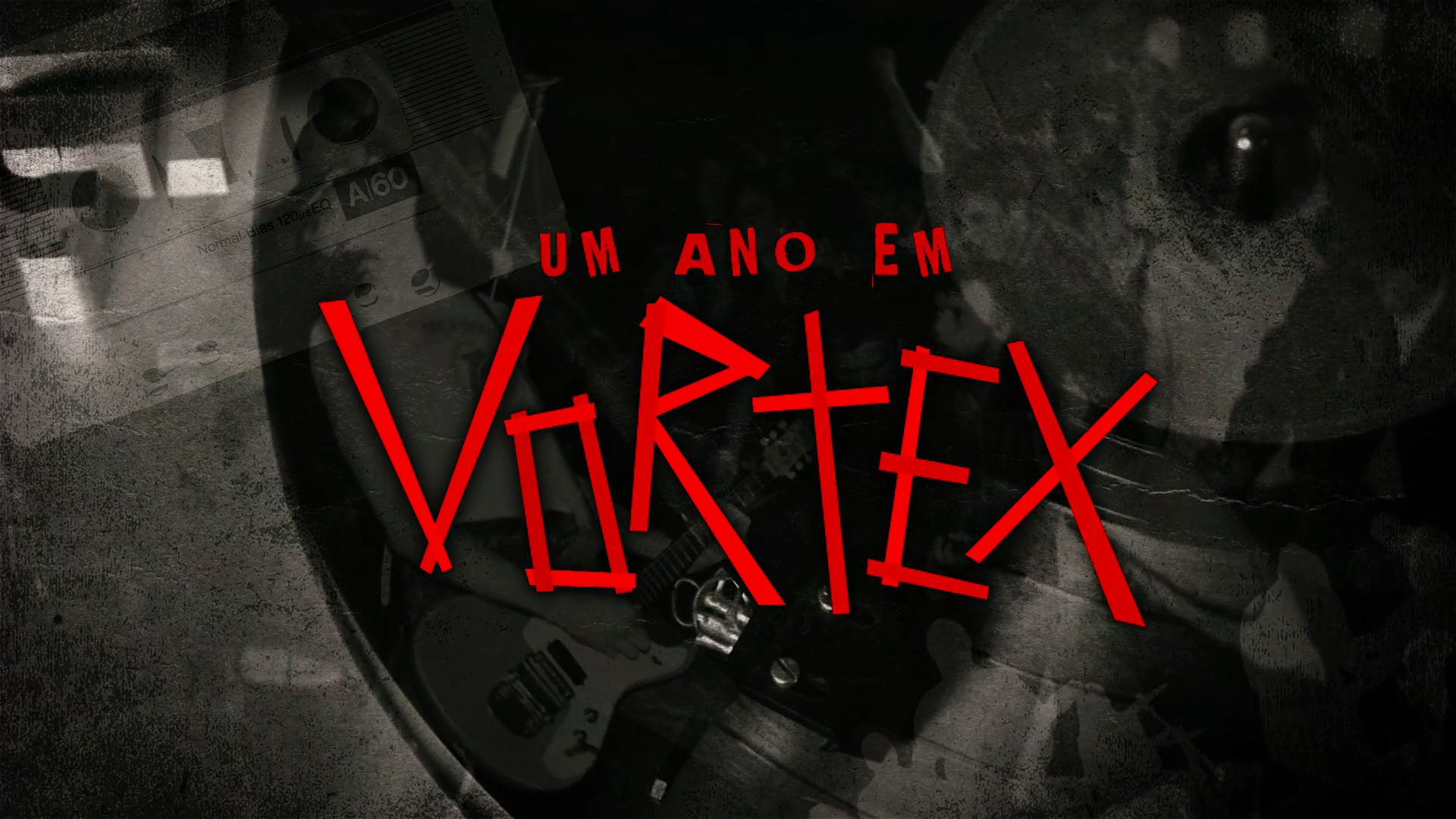

Spearheaded by Cannes Film Market and Argentina’s INCAA agency, Ventana Sur, Latin America’s biggest movie market, will put through an out-of-the-box reset of market dynamics. Running Nov. 30 to Dec. 4, it will also register the energetic and exciting build up of women on the Latin American film scene, as directors, producers and market playmakers.
Following is a down-to-the-wire appreciation of 2020’s edition:
Movie markets traditionally take place in one physical setting. No more. In an unprecedented move, the brainchild of Cannes Film Market head Jerome Paillard, Ventana Sur looks set for a game changing five city on-site roll-out to run from Nov. 30 to Dec. 4 in Madrid, Mexico City, Sao Paulo, Santiago de Chile and Colombia’s Bogotá. In some ways, Ventana Sur was unlucky. France’s lockdown lift does not kick in until Dec. 15, nixing planned screenings in Paris, the world’s art film capital. Projected screenings in Rome also had to be shelved. Just how much of the multi-city roll-out will be used in the future remains to be seen. But it’s there as a new festival model for the future, if needs be.
Led by Iuli Gerbase’s “The Pink Cloud,” a sci-fi character-driven thriller, Flavia Neves’ “Fogaréu,” a magic realist tinged Brazilian sticks film noir, and Thais Fujinaga’s “The Joy of Things,” a probing portrait of pressured motherhood, a female Brazilian new wave looks set to sweep Ventana Sur. The directors have attitude: All three titles carry, implicitly, a feminist agenda. They often embrace genre and can be stylistically ambitious. What the future of these directors can be in a Brazil, whose government wages a war on culture, is another question. Neves has already written episodes for Netflix original “Omnisciente,” from “3%” producers Boutique Filmes, which may be one of the answers.

Francisco Ramos, Netflix VP of Latin American Originals, will talk on Dec. 2 about how the U.S. streaming giant will navigate an immediate future faced by ever more VOD competition and roiling COVID-19. Pablo Iacoviello, head of Latin America, Amazon Prime Video, will look at Amazon’s post-pandemic strategy in the region, which looks to involve hiked production levels. Once seen as the death-knell for any independent production and distribution, and indeed film markets, the global streaming giants are ever more part of their landscape. Markets are now marketing springboards for OTT buys, as territory-by-territory roll-out of the past. “That’s why we have a broad presence at Ventana Sur: Netflix and Amazon, but also Mubi, Watcha, Tubi … and many new players like festivals or distributors who are launching their platforms,” Paillard said. Where that leaves sales agents is another question.
One answer is serving as filters, whether on individual titles or catalogs, in a world of exploding VOD demand. Spain’s Feel Content, a new pure-play sales agent, has launched on the back of that premise. A total of 108 market premieres are being brought onto Ventana Sur, said Paillard. That seems to suggest an act of faith in the future of the business, a subject likely to be touched on in one key Ventana Sur panel: “Gone With the Wind: Trend, Status and Perspective of the Audiovisual Markets,” on a busy Dec. 2.
In Copia Final, there’s good word of mouth on Claudia Huaiquimilla’s “My Brothers Dream Awake,” an involving juvenile detention center drama, as well as Henry Rincón Orozco’s “The City of Wild Beasts,” a rapper-jells-with-grandfather likely crowd pleaser. Of Spanish titles, Cesc Gay’s “Sentimental” is racking up first major territory sales. One of Blood Window’s most awaited titles is cyberpunk thriller “Virtual: The Hologames,” from Daniel Hernández Torrado (“The 9,” “Pixel Theory Pandora’s Box”), while the Dominican Republic’s “Jupía” ticks a lot of boxes: A female co-director in Leticia Tonos, indigenous mysticism, award-winning producers and a cast of POC. A brace of titles from Europe, such as Spain’s “Ane Is Missing” and “Courtroom 3H,” Poland’s “I Never Cry” and Lithuania’s “The Flood Won’t Come,” have garnered an upbeat initial critical reception.
The seven-digit dollar figure pre-sales racked up by Edward Noeltner’s CMG on “Noah’s Ark,” playing Animation’s WIPs, underscore the fact that no movie medium at Ventana Sur packs such theatrical potential as four-quadrant animated features, given the resilience of family audiences in COVID-19 times. Of potential family animated hits, Latido Films has boarded Chile’s “Nahuel and the Magic Book.” The macabre “Ghost Bros.” will pitch as a TV project. Ali Chen’s “Forest Girl” is one of a clutch of exquisitely animated 2D feature projects. Meanwhile, “Unicorn Wars,” far from family fare, probably rates as the most anticipated title of the whole market.

Brazilian titles at Ventana Sur still proudly brandish a trio of logos: Ancine, FSA (Fundo do Setorial Audiovisual) and BRDE. It’s a moot point how long this may continue. In late July, Ancine, now guided by Bolsonaro appointees, announced that it had totally approved the accounts of just 10 of 168 film subsidy applications analyzed, some of these dating back nearly 20 years. Where this leaves the adjudication of new incentives, frozen since early 2019, is a huge question for producers. In this context of uncertainty, as President Jair Bolsonaro’s onslaught on Brazilian culture continues, Sao Paulo has emerged as Brazil’s biggest oasis of sanity and support for its film-TV industries. One Ventana Sur panel, spearheaded by SP Cine, will detail how that support looks set to play out. Another, backed by Brazil’s Project Paradiso, Brazilian Content and Cinema do Brasil will map out 50 funding opportunities around the world.
Escaping the full brunt of COVID-19, the number of shoots – commercials, series, films – in Uruguay grew 100% in 2020. Of the 36 movie shoots there this year, 25 initiated production from March onwards. Hosting shoots by Amazon, HBO and Netflix, extending tax breaks, and now introducing a new and significantly higher cap for high-end productions, Uruguay looks like a rare case of growth during COVID-19. Ventana Sur’s 70-or-so delegates from Uruguay are another sign of its vitality.
Launched with Argentina’s Género Dac and Acción Mujeres del Cine, Ventana Sur’s Punto Género, its biggest content innovation this year, frames 12 projects at often early industry inception which run a huge gamut – from period drama (“Dear Gentlemen”) to workplace thriller (“The Chore”) to animated gross out (“In Labor We Trust”) to historical melodrama (“The Siege of Real Felipe’s Fortress”). A brace are already backed by industry heavyweights: Peru’s Tondero (“The Last Drop of Innocence”), Vania Catani’s Bananeira Filmes (“Requiem for Clara”), Portugal’s Plural Filmes (“Remaining Books”) and France’s Sophie Dulac (“Miranda from Friday to Monday”). Many look titles to track.
Compounding crippling inflation, COVID-19 decimated crucial INCAA funding for Argentine cinema, tapped from cinema admissions, now nil, and TV advertising. An industry panel on Dec. 3, “Producing Independent Films in Argentina from the ‘90s to Today,” will ask, inevitably, what way forward Argentine cinema has now. With producers Paula Zyngierman, Diego Dubcovsky and Santiago Gallelli lined up to discuss, it promises a considered but enlivened debate.
Fonte: https://variety.com/2020/film/festivals/ventana-sur-2020-edition-key-takeaways-1234842008/

Ministério da Cultura, Santander e Prana Filmes apresentam MEMÓRIA VINTAGE: BANCANDO A ECONOMIA Entre 1 de abril e 29 de junho deste ano, no Farol Santander de Porto Alegre, acontece a exposição “Memória Vintage: bancando a economia”, dedicada a proporcionar um passeio lúdico e educativo pelo mundo dos negócios e do sistema financeiro. Além de […]

A série musical em sete episódios “Um ano em Vortex” estreia no proximo dia 29 de novembro, na Cuboplay. Na noite anterior, um show histórico, com as sete bandas da série, acontece no bar Ocidente (ingressos à venda no Sympla).

Sessão única de A Nuvem Rosa em Londres! 14 de novembro, com debate com a diretora Iuli Gerbase. Tickets à venda no insta do @cine.brazil

Filmada em 2021, ainda sob os efeitos da pandemia e cumprindo rigorosos protocolos de saúde, a série em 10 episódios “Centro Liberdade” começa a ser exibida pela TV Brasil no próximo dia 19 de julho. Resultado do edital “TVs Públicas”, a série foi escrita e dirigida por Bruno Carvalho, Cleverton Borges e Livia Ruas, com […]